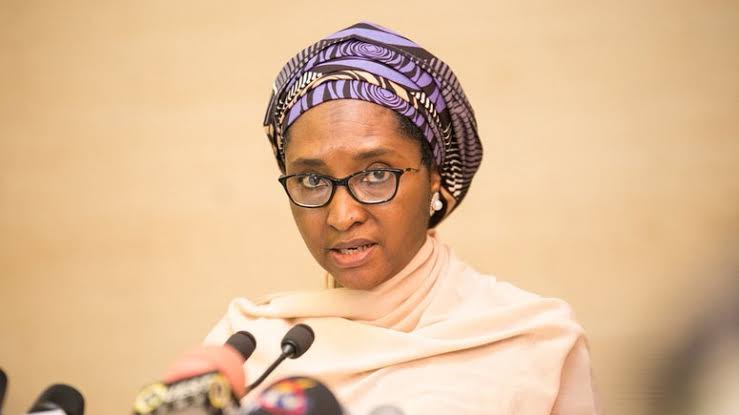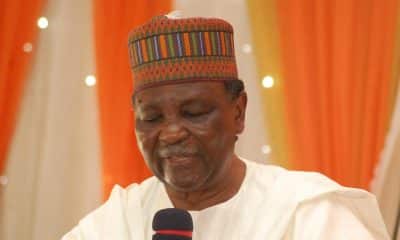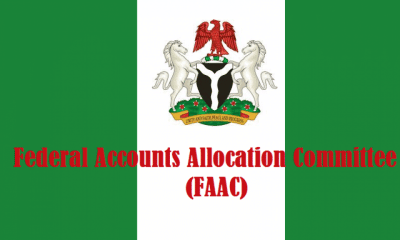Nigeria News
These Are Very Difficult Times Because Revenues Are Low – FG Cries Out

The federal government has finally acknowledged that Nigeria is facing difficult financial challenges as revenues continue to nosedive.
The Minister of Finance, Budget and National Planning, Zainab Ahmed who made the disclosure on Monday blamed crashing oil prices for the reduction in revenue.
Ahmed during an interview with Nigerian Television Authority (NTA), Good Morning Nigeria breakfast show said currently the government is dealing with a situation of low revenue and high expenditure.
She added that the global COVID-19 pandemic also affected government revenue and has forced the federal government to borrow more than was initially planned.
The Minister noted that as a way out, there are plans by her Ministry to stimulate revenue growth at a pace higher than government expenditure.
In her words; “These are very difficult challenging times because revenues are low and the demand for expenditures are very high understandably because we have to keep intervening to make sure the pandemic is contained as well as the economic impact it has caused.
“In our case in Nigeria, the crash of the crude oil prices really hit us very hard in terms of revenue. We have very low revenues, we have very high expenditures. What we have done so far is just to provide some stability to make sure salaries are paid, pensions are received every month; that we send funds to the judiciary and the legislature; that we meet our debt service obligations.
“That’s what we are doing. It also means we have had to borrow more than we have planned before the COVID-19 started because we need to still continue to invest in infrastructure using our national budget. We borrowed to invest in key projects such as roads, rail, airports, seaports and several other investments that are required in health and in education and upgrading the social standards and quality of life of our people and Nigeria is not unique as several countries of the world went into recession.
“Almost every other country has had to borrow more than it planned. It means we expanded our deficit very fast in 2020. 2021 is a year that we see as the year of recovery.”
“It is a very difficult time. I can explain to you how difficult it is, not just for the Federal Government but also for the states. We see increasing reductions in our FAAC revenues; FAAC revenues are the revenues that we put together every month, that are collected from both oil and non-oil sectors from the collection of the NNPC (Nigerian National Petroleum Corporation) the FIRS (the Federal Inland Revenue Service) and all other revenues collection agencies.
“ So, FAAC reduces and whenever FAAC reduces, it is a very difficult situation and in the past one year, we have tried to fall back on some specific accounts that are meant to be saved; savings that when you have such a situation, you fall back on the resources and augment.
It will be recalled that Naija News previously reported that as a result of the shortfall in FAAC for March, the Minister disclosed that the state governors wanted the federal government to borrow from the CBN but the idea was rejected and the Governors were told to manage what they got and seek ways of increasing internally generated revenue.
Meanwhile, Edo State Governor, Godwin Obaseki has warned that it is dangerous for states and the federal government to continue relying on oil revenue.
Obaseki who made the position known on Monday while addressing journalists added that the time to diversify the economy is now as revenue from oil is no longer sustainable.
The Governor went down history lane to recall that before oil was discovered in Nigeria, the regional governments all had other ways of making money but after oil was discovered, all the other revenue sources were abandoned.
He, therefore, urged that the time to revisit other resources and turn them into revenue-making streams so as to increase non-oil revenue is now.












